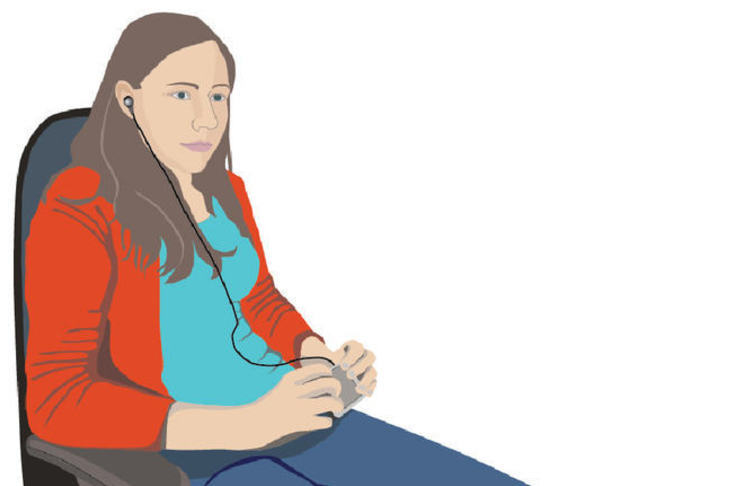Back to: Mobile Accessibility
 Besides being used for talking to somebody or checking emails, mobile devices offer many other useful and helpful options. From diaries with reminders to contact lists that allow us to store endless addresses and numbers we no longer have to remember. They help us drive, walk and explore our world in ways unimaginable a decade ago. Different sensors like Global Positioning Systems (GPS), compasses, cameras, WiFi connections, gyroscopes and near-field communication (NFC) are the sort of applications (often called ‘apps’) that can be used to collect information from the environment and provide us with way finding tools. This not only makes our daily lives easier but offers accessibility in its widest sense to those with disabilities.
Besides being used for talking to somebody or checking emails, mobile devices offer many other useful and helpful options. From diaries with reminders to contact lists that allow us to store endless addresses and numbers we no longer have to remember. They help us drive, walk and explore our world in ways unimaginable a decade ago. Different sensors like Global Positioning Systems (GPS), compasses, cameras, WiFi connections, gyroscopes and near-field communication (NFC) are the sort of applications (often called ‘apps’) that can be used to collect information from the environment and provide us with way finding tools. This not only makes our daily lives easier but offers accessibility in its widest sense to those with disabilities.
The data collected can be processed locally or on a server and provide yet more information. So you can search online for an accessible entrance to a building whilst going to a meeting, or when the next train home comes into a station.
However, when it comes to guidance about making apps and websites that enhance mobile accessibility, at present there are no separate Web Content Accessibility Guidelines (WCAG) to help developers. Any mobile automatic checkers offered base their checks on WCAG 2.0 standards and how they apply to mobile technologies. Apps may be hybrid or web apps used in a browser or native apps specific to the operating system of the phone and so usability and accessibility varies enormously.
- Just pause for a moment and think about how you access your apps and which ones you rely on most?
- Has ease of access to these apps become essential to your daily life?
Resources
-
- Statista Most frequently used smartphone application categories in the United Kingdom (UK) in 2017 “According to respondents, the most frequently used app category was messaging apps with 96 percent, phone apps with 94 percent, and camera apps with 87 percent answering that they used these categories very often, regularly or occasionally. The most popular messaging app worldwide in 2017 was WhatsApp, closely followed by Facebook Messenger. Each app had around one billion users.”
